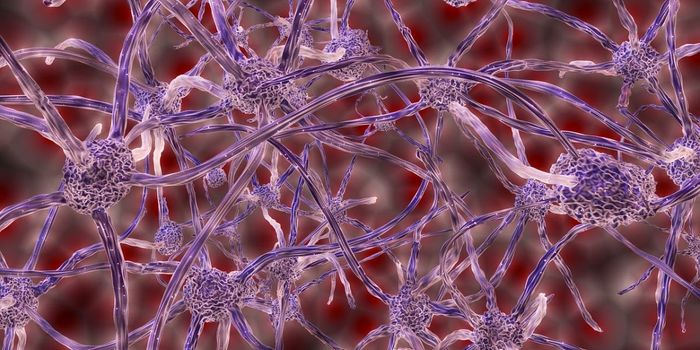How Will the Coronavirus Change Drug Development?
Cataclysmic bombshells to society- be they actual bombshells by means of war, or metaphorical ones by natural catastrophe or financial collapse, tend to lay bare glaring inefficiencies in how society works, and sometimes even catalyze change. For now, at the very least, the coronavirus has exposed glaring inefficiencies in public health infrastructure, supply chains and legal frameworks around drug development. But will this change anything?
Let’s look at the current situation. According to Stanley Plotkin, the researcher who invented the rubella vaccine back in 1964, if nothing else, today’s market-based incentives have encouraged more players to join the race for creating measures to safeguard public health. Speaking about how the race for a rubella vaccine compares to the current race for one effective against coronavirus, he remembers how although the race for developing a vaccine against rubella was intense, it does not compare to today, as there are now more major players on the market, as well as smaller ones too.
Although many are ready to criticize the governments’ lackluster action against the pandemic, it is worth noting that they are actively working with private companies to develop medicines- and especially now. For example, the US National Institutes of Health (NIH) is working with Moderna, a Massachusetts-based biotechnology firm founded in 2010, on a vaccine against novel coronavirus. The Chinese government-owned Academy of Military Medical Sciences is also working in partnership with Chinese biotech firm, CanSino Biologics, to develop a vaccine.
So what’s the real problem? Of course, given the amount of innovation that has come out of government institutions such as the Defense Advanced Research Projects Agency (DARPA)- from the foundations of the internet to flat-screen displays and GPS- it’s pretty clear that governments are not short of innovative capacity. This means that the problem falls to three things: incentives, legal frameworks and cultural attitudes- three things that may need to change.
Let’s look at incentives first- for a matter of simplicity, with regard to the US. As a global hegemony, the US of course has a large military budget- it needs to maintain its position as ‘top dog’ somehow after all. Thus, any innovations that come from this budget may be considered a matter of national security- in direct interest of the country’s survival as a global hegemony. Although previous epidemics, such as Ebola for example, may have caused something of a scare before- leading Obama to establish a Directorate for Global Health Security and Biodefense for example (something that has been rebranded since), the true potential of a virus posing a threat to national security was intangible until now.
Not only threatening lives, it also threatens supply chains, the economy and institutions- and to a degree that may last many months after the virus ‘blows over’. Given this level of disruption, perhaps as a response to this crisis, biological threats will need to be taken under the same wing of national interest as military ones- and be given similar top priority for innovation.
Next is frameworks. The problem with patents and certain legal frameworks making treatments more expensive and less accessible is nothing new- and it could be said that pharmaceutical companies and biotech firms, although partially responsible for their maintenance, are simply working along them. Given how the novel coronavirus has shown how just a few viral vectors may infect the population enmasse and bring a country’s- and the world’s- economy to a staggering halt, changing intellectual property laws to better democratize drug development and access to medication may need to become a matter of national security too.
Lastly, cultural attitudes will need to shift. Racist undertones that allow behavior such as the calling of the novel coronavirus the ‘Chinese virus’ to run rampant, alongside recent race-driven aggression against East Asian-looking people in the West, have meant that many countries have needlessly lagged behind both in terms of containing the virus’s spread and in developing health infrastructure and treatments for it. Changing cultural attitudes would mean being more receptive to sharing and taking advantage of progress elsewhere- not just in data and strategic advice- but also in healthcare advances, such as super-rapid testing for the virus by the Hong Kong University of Science and Technology (HKUST). Would the West integrate advances like these into their crisis response at a faster rate, they would no longer need to start from scratch, meaning they would be better able to channel precious time and resources to control the situation.
To conclude, despite the seemingly glaring necessity of these changes to happen, there is always the possibility that nothing, or very little, will change. This comes especially should the effects of the virus stabilize anytime soon. Why? Other, more immediately-pressing priorities will take centre-stage such as political stability, food security and ravaging unemployment. And unfortunately, when this happens, applying bandaids may be all many governments are really capable of doing until business continues as usual, leaving them once again underprepared for the next outbreak.
Sources: Bioworld, Sciencemag, LabRoots











